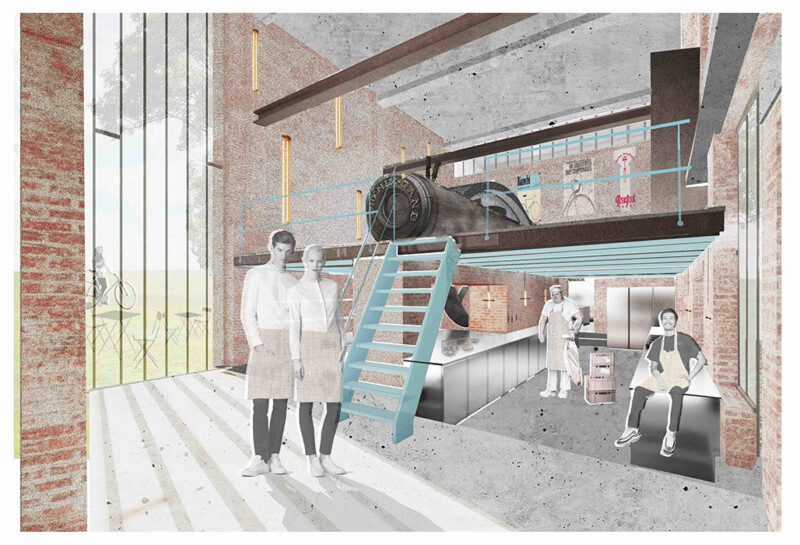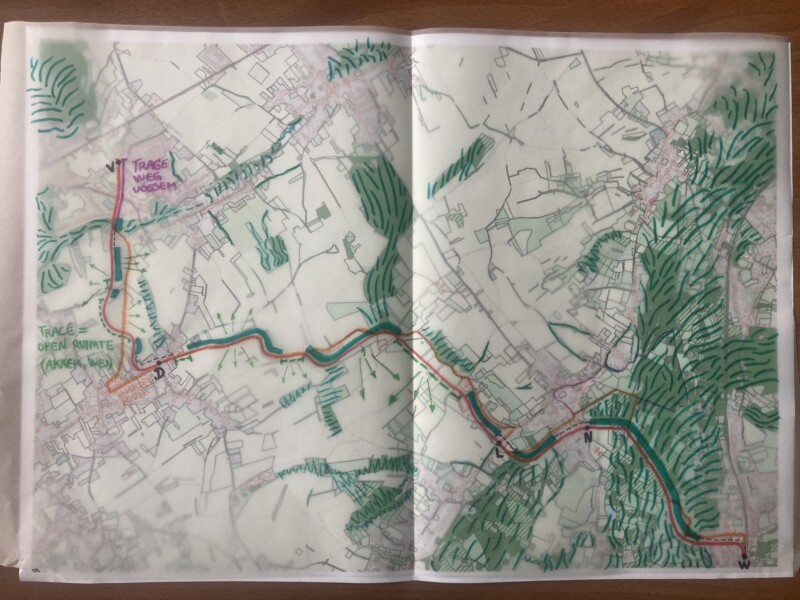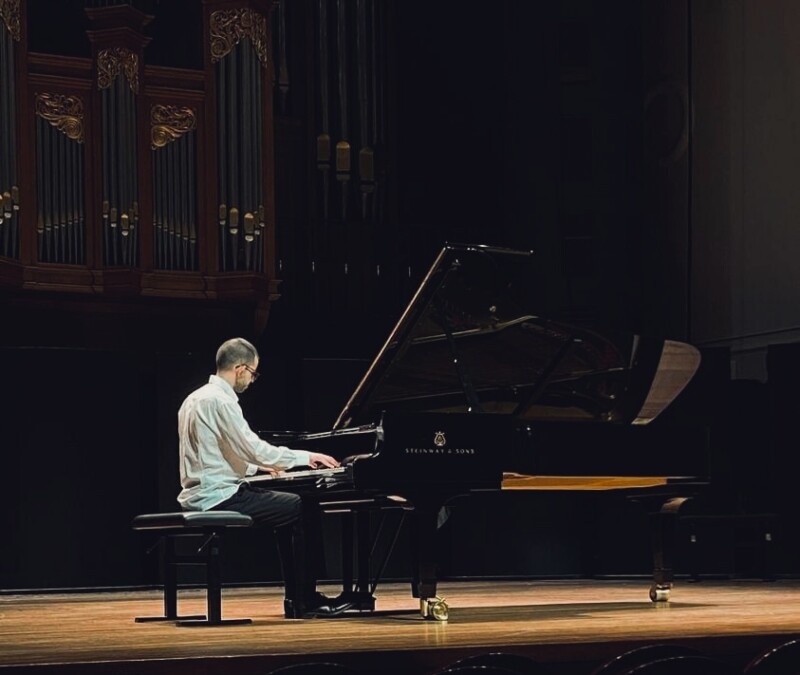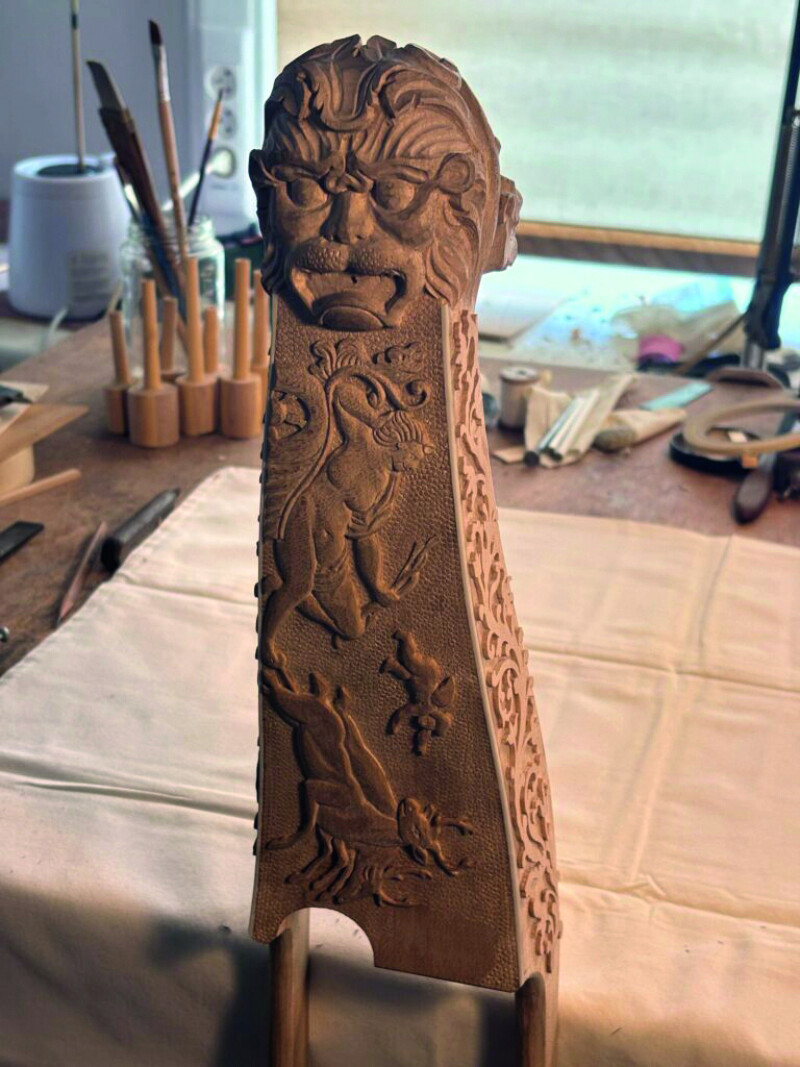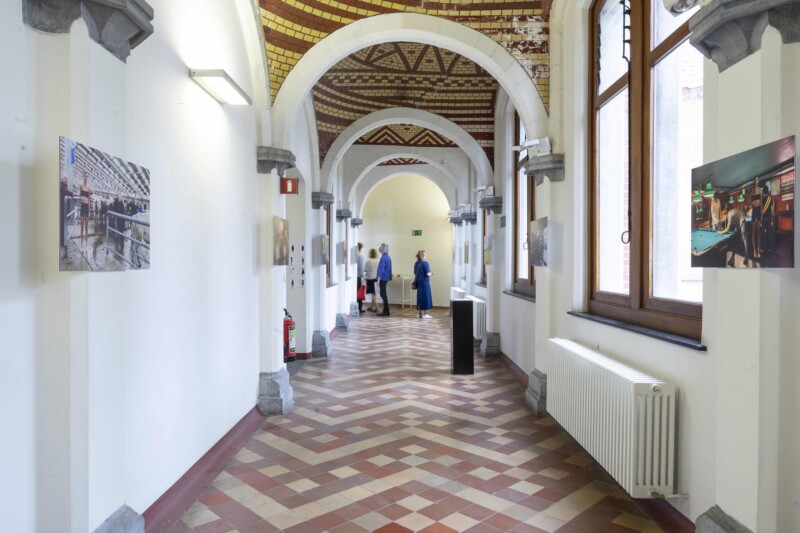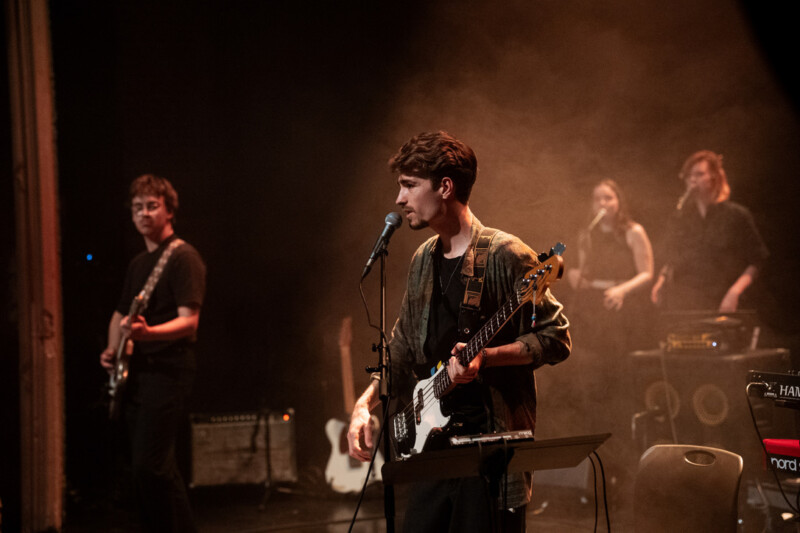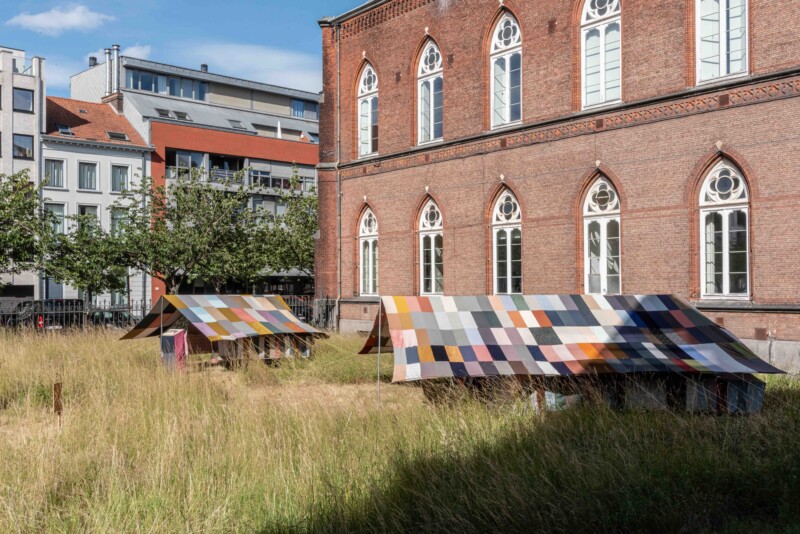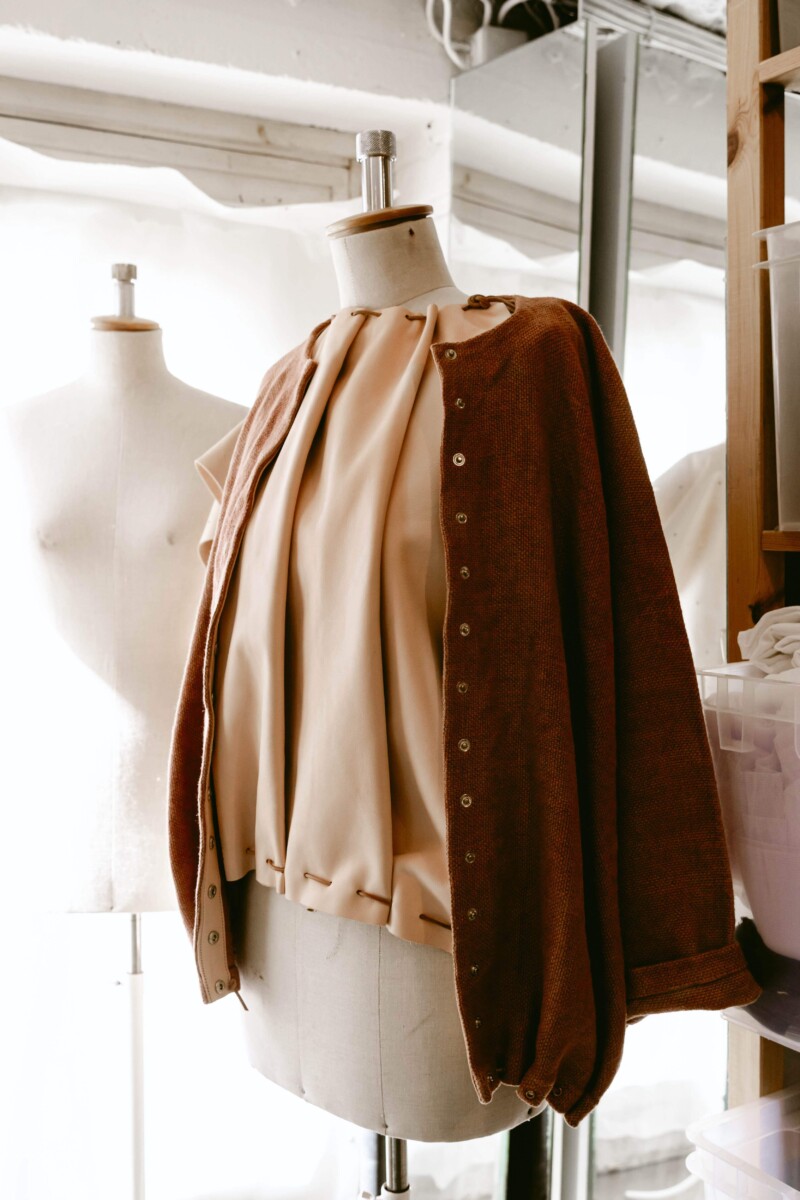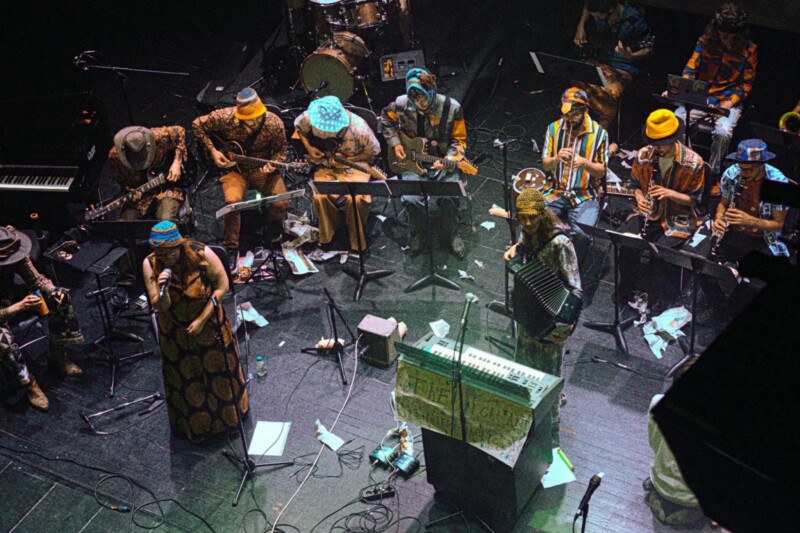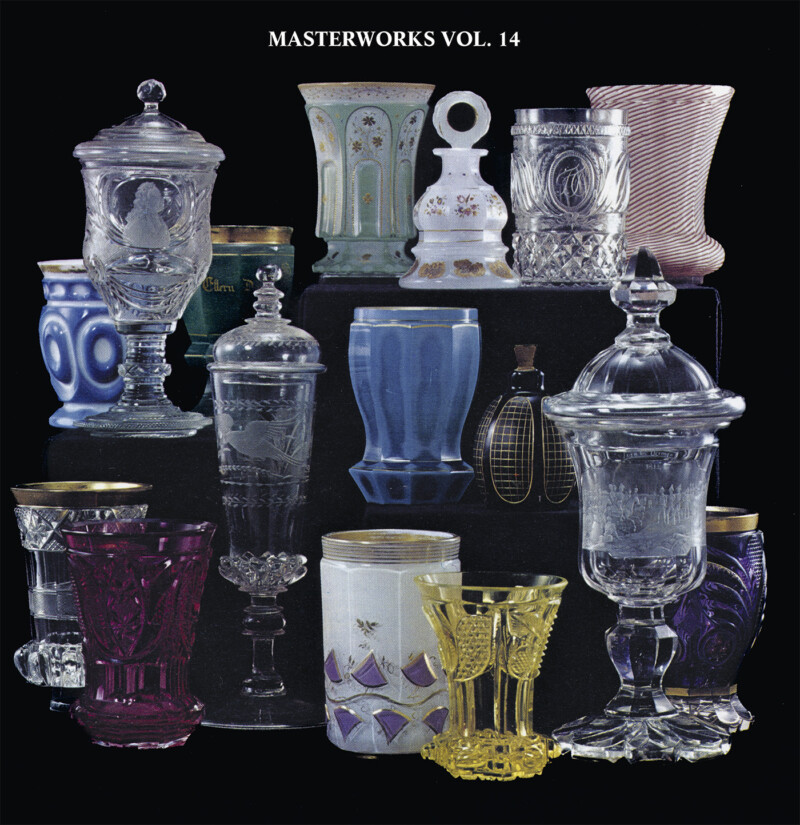Loïc Van Weyenberg
A producer has to be a jack-of-all-trades

Loïc Van Weyenberg began his musical career as a very young violist. This was followed by the well-trodden route of playing bass guitar in a series of high school bands. Yet it took a personal crisis to make him realise that music was the path he truly wanted to pursue. We spoke to Loïc in Voorhavenpark, close to his home in De Muide.
Loïc Van Weyenberg
I first studied bioengineering for three years. But then I fell ill and had to undergo a year of treatment, followed by another year of recovery. That really puts your perspective into sharp focus, and I decided to go all in on music. Because I didn't pass my first entrance exam at KASK & Conservatorium, I did a seventh year of production at Muda Kunstsecundair. And then I got in.
Stijn Buyst
Can you explain in layman's terms what studying music production entails?
LVW
It’s a very broad field. You learn how to turn music into a finished product. If I’m producing someone’s record, my job is to highlight the strengths of the songs. A producer has to be a jack-of-all-trades, thinking along about things like harmony, sounds, recording techniques, instrumentation and arrangement. So the curriculum includes recording technology, but also songwriting.
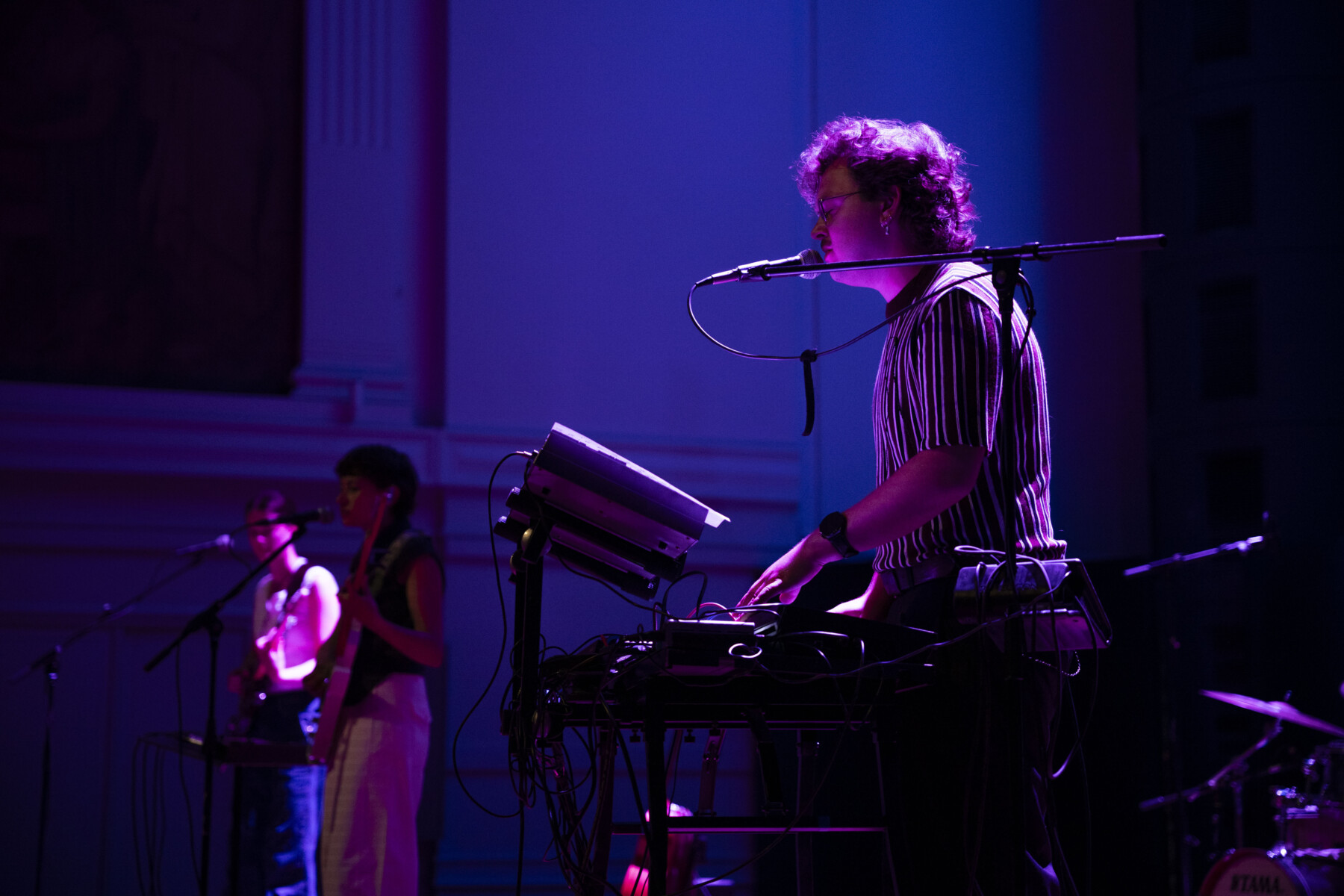
SB
Many students choose to start a new project for their graduation project, but you played with REINES., the band you've been playing synths with for years.
LVW
At first, I wanted to do something completely different. I wanted to get away from the song and product-related aspects of the programme. Something more playful, with a bit more life in it. At the time, I had a project with Tuur Geldhof, who also plays in REINES., on bass, and Lars, who prefers not to have his surname published, on drums. The idea was that I would feed their input into my sampler and reproduce it, and then they could respond to that. It was a cool project, in which communication played an important role: music the way I like it. But I was advised not to do that as my graduation project, because it didn't have enough of a “production” element.
SB
Because that improvisation allowed for less production?
LVW
Yes, I thought that was a shame, also because I don't always want to go for that polished product.
SB
People advised you not to, but you went along with it? You could have gone through with it anyway, couldn’t you?
LVW
That's true. But in a way, it also felt logical to do it with REINES. Lissa Staepels and I started that band together when we got to know each other at Muda. That graduation show gave us a deadline to finish an album.
SB
Do you and Lissa write all the songs together?
LVW
We used to, more than we do now. These days, a song often starts with an idea from Lissa or me, and we send it to each other when we get stuck. The influences that Lissa and I bring to REINES. are very different, but we listen to music for the same reason. Lissa listens to things like Caroline Rose and The Japanese House, while my influences are a bit more electronic: Amon Tobin, Aphex Twin, Gorillaz, Tyler, the Creator, MF Doom...
SB
Did you write a completely new set for the album and the graduation concert?
LVW
Yes, but now that the deadline has been lifted, we're looking at what can be improved. The fact that we now have feedback from the jury – three teachers and two external members – plays a role in that, of course.
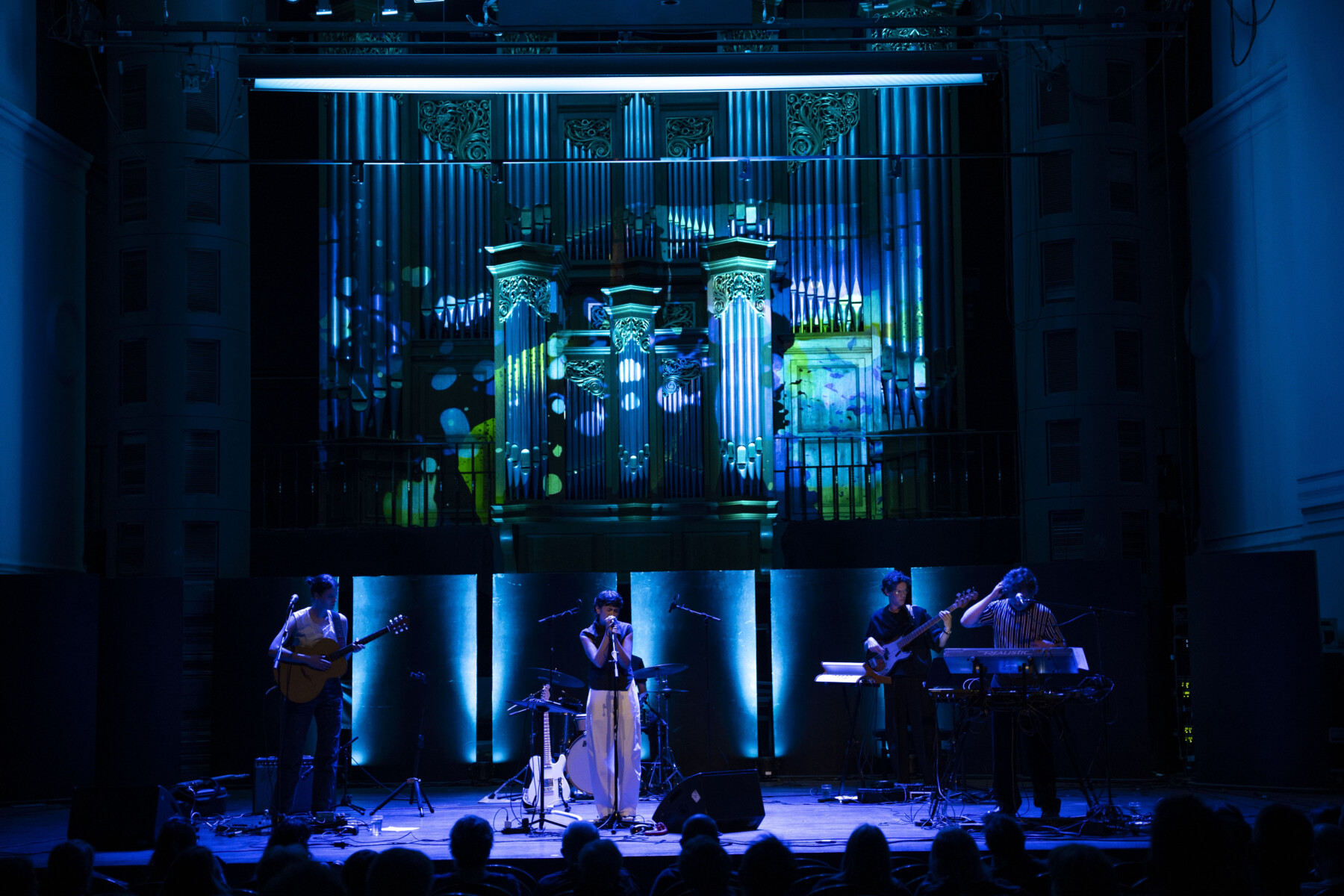
SB
Who were your jury members?
LVW
Senne Guns, Werner Pensaert and the head of department Gert Jacobs. And the external jury members were Jinte Deprez from J.Bernardt, who lives here on Muide, by the way, so she's my fellow islander. (laughs) And my mentor Luuk Cox (from Shameboy, sb), of course.
SB
Songwriting is part of the curriculum. Who taught you those lessons?
LVW
The cool thing is that it changes every year. First it was Dirk Blanchart, then Wigbert Van Lierde, Liesa Van der Aa and Fulco Ottervanger. In the third year, we had Dirk again and then Reinhard Vanbergen. Now, Reinhard's approach is very much based on narrative folk songs: voice plus guitar. That didn't work well for me. Moreover, I didn't want that approach to influence the work of REINES. And with Werner, I sometimes had a communication problem, where I asked for creative feedback but often got a technical answer. I get on well with both Reinhard and Werner personally, but our approaches clashed. Whereas when I came to Dirk with an experiment, he embraced it wholeheartedly. When I came up with an a cappella trance song, he bombarded me with all kinds of references that could help me with it. So for me, the bachelor's programme felt freer than the master's, whereas it's usually the other way around. Fortunately, I could always turn to Gert Jacobs and Jan Chantrain, who were very important to me during my bachelor's programme. Luuk Cox was also very closely involved as a mentor. He's going to help us finish the album, by the way.
SB
Are there any fellow students you admire?
LVW
What I like about the programme is that it is so broad that you cannot be a hero in everything. So everyone looks for their own specialisation. From my class, I think of Yunas De Proost, who plays guitar with Meltheads. Even when he was touring the US, he still came to class.
We had a small class, but everyone really found their thing. Pieter-Jan Loyens, for example, received poor feedback on his songwriting at the beginning, but he found his niche in recording techniques and synth sounds. He researched immersive sound and Dolby Atmos, that kind of thing. I recently saw a photo of him working at Abbey Road.
SB
Finally, what does the future hold?
LVW
I'm currently touring with the theatre company Van Ransbeeck en Zonen, founded by Tinneke Van Ransbeeck, who studied radio directing. I also play with Celly Tubmaker, with whom we do immersive rave performances. For example, we once decorated the wagon here in the park to look like a spaceship. And I'm also working on a production for Loïs, who sang along to Yong Yello's “We geve ni op”.
text: Stijn Buyst







